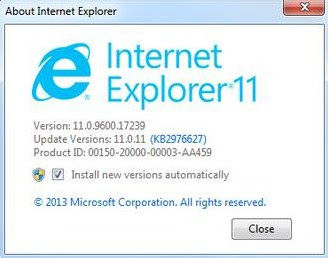What is Tax?
What is Tax?
To dig deeper into revenue enhancement, we'd like to 1st perceive what tax is.
The government wants funds to hold out public expenditures or conduct government activities. In alternative words, it wants money contribution from the general public for running the country. For this sake, the govt. imposes a tax within the type of a mandatory money contribution on the financial gain, profits, occupation, property, etc. to stay its ship sailing.
In India: Taxes is levied by the Central or regime or native Bodies. they need to be in accordance with the laws glided by the State law-makers and Parliament.
Advantages of Paying Taxes
the cash is used in ascent the society
the govt. is ready to hold out welfare activities
Funding of plans for aiding the event and protection of the country
associate investment pool is made to be used for the general public
For the betterment of the infrastructure facilities
Types of Taxes
Taxes is loosely classified into 2 types: Direct and Indirect.
Direct Tax:
These taxes, because the name suggests, embody taxes that require to be paid by you directly. they can not be transferred to anyone else. The Central Board of Direct Taxes or CBDT overlooks this class of taxes. There are totally different|completely different} acts that govern different aspects of direct taxes, a number of that mentioned below:
revenue enhancement Act: The revenue enhancement Act or the IT Tax of 1961 is that the one chargeable for setting rules that regulate revenue enhancement in the Asian country. financial gain is derived from varied sources like remuneration, businesses, financial gain from the property, investment gains etc. The tax slabs and tax savings through investments ar set by the revenue enhancement Act as ar the tax edges accessible on insurance premiums or mounted deposits.
Wealth Tax Act: The Wealth Tax has been abolished since Gregorian calendar month 01, 2015. The Wealth Tax Act of 1951 was chargeable for taxation touching on the internet wealth of a person, company or HUF (Hindu Undivided Family). it's been replaced by a surcharge amounting one5|to fifteen} to people who earn quite 1 large integer annually. Likewise, it applies to firms with a revenue of quite ten crores annually.

revenue enhancement Act: The revenue enhancement Act came into being in 1958 and was abolished in 1998. in keeping with this act, if a person received a present within the type of cash and alternative valuables, he had to pay a tax on the gifts. As per the act, there was no tax on giving however solely on receiving gifts. it had been set at the half-hour. Finally, it had been re-introduced within the year 2004 below the top financial gain from alternative sources. Now, if someone receives over government agency fifty,000 price of gifts, it'll be taxed as financial gain within the hands of the receiver, with some exemptions, of course.
Expenditure Tax Act: The Expenditure Tax Act of 1987 is bothered with the expenses that a person incurs once he or she avails the services of an edifice or building. it's not applicable in Jammu and Kashmir. Some expenses guilty below the act if they are going over government agency three,000 in an exceedingly building and every one the expenses in an exceedingly edifice.
Interest Tax Act: The Interest Tax Act of 1974 deals with taxes owed on interest earned in specific things. Later on, it had been amended to exclude the interest tax on interests earned once March 2000.
Direct taxes are classified into the following:
1. financial gain Tax: The tax levied on one’s annual financial gain or profits that ar paid on to the govt. is that the revenue enhancement. it's keen about the annual financial gain and is needed to be paid to the govt. directly.

this is very good site for ice gate if you watching to movies then click to the link
ReplyDeletemovie
BRC
ReplyDeleteofficechristmaspartycast
ReplyDeleteIF YOU WANT TO HEALTH TIPS THEN CLICK TO HERE movie downoading
ReplyDeleteHEALTH TIPS
ReplyDelete